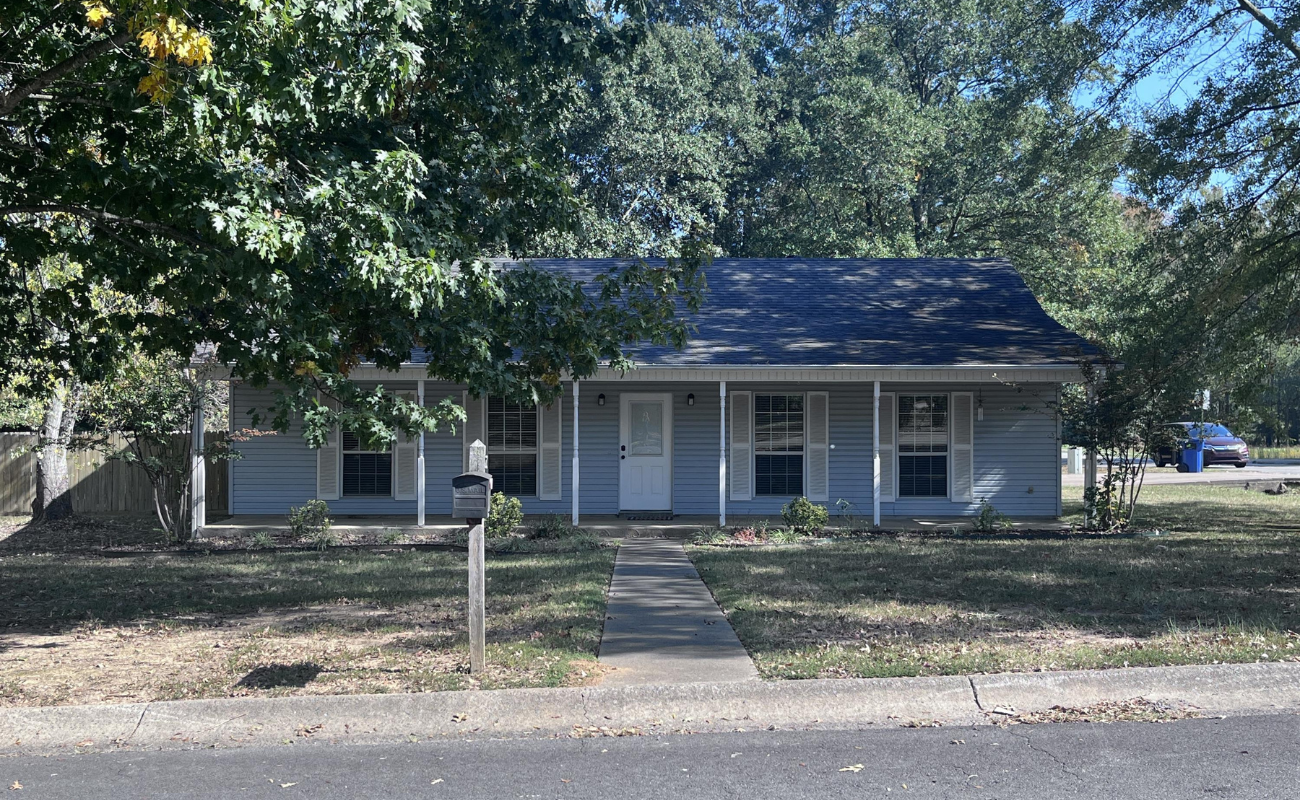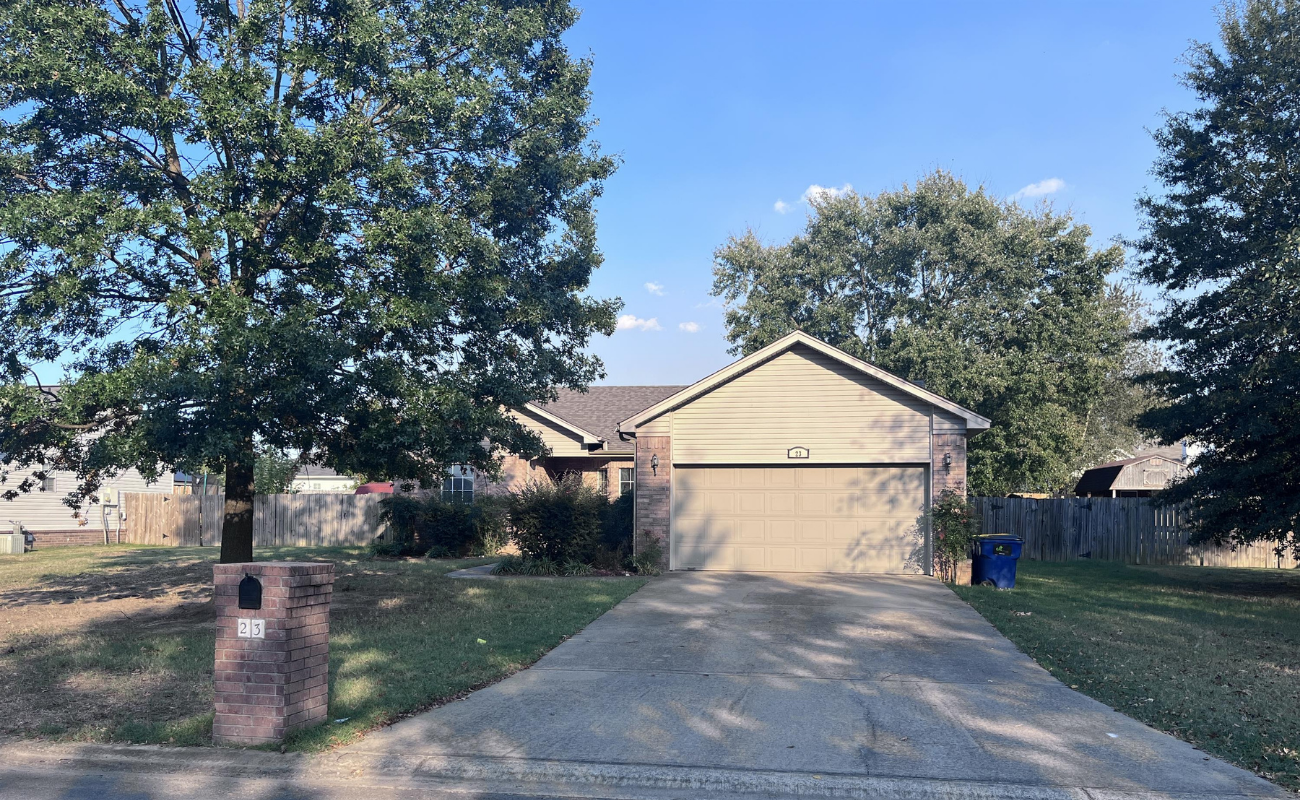Millions of people in the United States rent apartments. If you’re one of them, you’ve probably dealt with a property manager at some point. But other than showing you the apartment before you move in, what does a property manager do?
The responsibilities of a property manager go far beyond guiding tours of available units. In fact, they’re essential for the overall health of a real estate investment, and do a lot of the heavy lifting that allows property owners to financially benefit from it.
Property maintenance and updates
Property managers are often responsible for the maintenance and improvement of real estate assets. This includes overseeing repairs, renovations, and updates to keep property value on the rise while keeping tenants safe and happy in their rental units.
Tenant relations
A positive relationship between tenants, property managers, and property owners benefits everyone. Building positive relationships is an important part of a property manager’s role. This might involve initial screening of potential tenants during rental applications, in addition to addressing tenant concerns during the rental period.
It’s inevitable for conflicts of some kind to occasionally arise between tenants and property owners, so it’s the job of a property manager to resolve these conflicts as they come up.
Tenants who feel that their concerns are heard are much more likely to have a positive living experience– and happy tenants keep a real estate investment profitable.

Financial management
Property managers often handle the financial aspects of real estate assets, including setting rental rates, collecting rent, budgeting, and financial reporting. A good understanding of current market trends is important for optimizing returns on investment.
Legal compliance
Being able to skillfully navigate real estate laws and regulations is vital for property managers. From lease agreements to eviction processes, being careful to remain compliant ensures protection for both landlords and tenants. Staying updated and informed on legal developments is also necessary to avoid any potential issues.

Marketing and advertising
To maintain occupancy and ensure a steady income stream, property managers engage in strategic marketing and advertising. This means putting together listings on rental sites that make people want to live there. Being able to utilize various rental platforms and use effective advertising strategies makes a big difference in attracting and retaining tenants.
Risk management
Property managers often act as risk mitigators, identifying and addressing any potential hazards or liabilities associated with the property. This includes ensuring safety compliance and implementing insurance policies to keep the property and its stakeholders financially protected.
Administrative tasks
A property manager also handles administrative duties for the property, like maintaining records and managing lease agreements. It helps to have excellent organizational skills and great attention to detail, in order to keep things streamlined and efficient.
Community and industry involvement
Many property managers, or property owners, can also greatly benefit from participating in industry events, networking, and staying on top of market trends. This involvement can help them make decisions that benefit their investment and their clients.
A dynamic role
Property managers have a lot to do, and play an important role in the maintenance and improvement of a real estate investment like an apartment building. Having a diverse skill set and a good understanding of the real estate market as it currently stands are both important.
Having a great property manager can make a big impact on your ROI from a rental property, so the importance of a skilled and knowledgeable property manager cannot be overstated.
If you’re in the market for a rental property or have questions about making a real estate investment, reach out to Edge Realty today!
